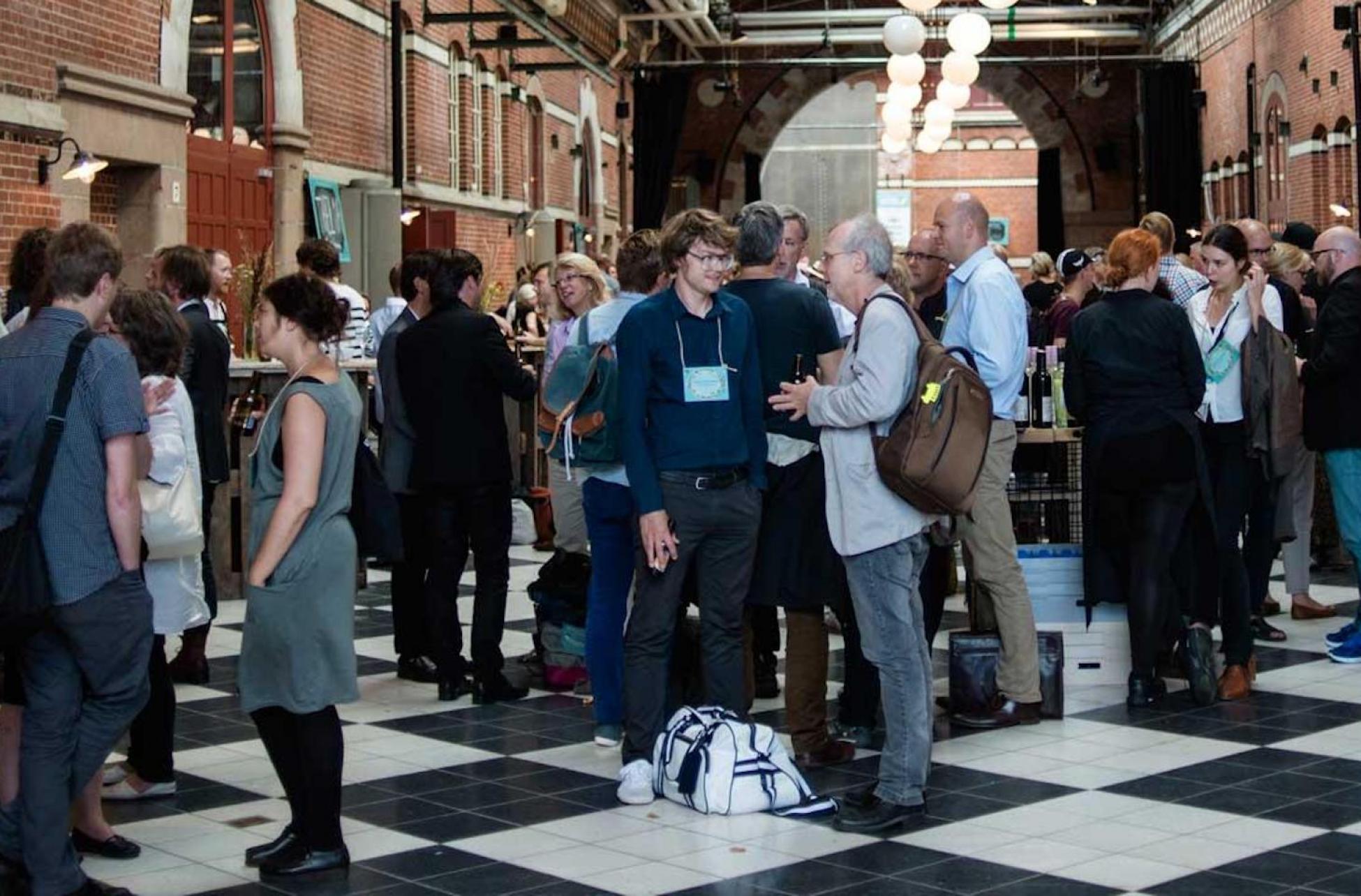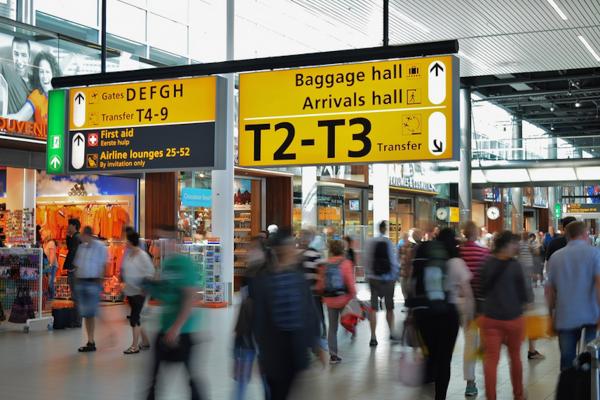Continuing your studies beyond the undergraduate level opens up many new opportunities, but one of the most exciting is attending international conferences. Along with meeting scholars from around the world, it’s a chance to visit historic sites and discover country-specific resources relevant to your work.
“Attending a conference can feel like reading a whole year’s worth of journal articles in three days—while being given free pastries,” says Emma Peacocke, assistant professor of English at Queen’s University.
If you’re keen to take your own research abroad, here’s what you can expect to encounter.
Registering your interest in attendance
Answering the call for papers—a brief summary including theme, date, and deadline for abstracts—is the first step in attending conferences. These typically circulate via email lists, social media, and university bulletin boards. In deciding which ones to answer, consider the conference’s relevance to your studies.
“The theme and the prestige are important,” says Katharina Roth who, throughout her archaeology studies, has presented at conferences in Finland, Scotland and Switzerland. Prestige can be determined many factors: size relative to the field of study, keynote speakers and history. (A long-established conference has had more time to make its mark.)
“Attending a conference can feel like reading a whole year’s worth of journal articles in three days."
Zachary Melton, an American PhD student in Icelandic and comparative literature, recommends also determining what you’ll get out of presenting. Often, this comes down to making new connections, airing ideas and taking the pulse of current research.
If you’ve decided you’d like to attend, abstracts can usually be submitted by email or conference website. Turnaround times vary, meaning that it can be several weeks before organizers respond.
Funding your academic pursuits
The cost of attending conferences can be daunting, but funding is sometimes available through university departments. If a conference or any of its associated academic societies have bursaries available, the conference website will often have application instructions. Start your search there before moving on to related organizations which may have resources for emerging researchers. Conference fees can also sometimes be claimed on a tax return.
Partially due to the expense, it’s also important not to overbook. Melton, for one, recommends up to two conferences per year. If you’re still weighting the costs, though, there may be an unexpected bonus of presenting—you’ll be forced to work towards a hard deadline.
“[It] can absolutely galvanize you to get it done,” says Peacocke.
Managing your time at the conference
Time will be a limiting factor at larger conferences, as panels overlap. If you’re not sure what to attend, examine the schedule carefully.
“[Ask yourself] ‘do I want to hear about something I already love, or should I go to a panel on something less familiar?’” suggests Peacock.
Student conferences are generally smaller, allowing more interaction between faculty and students, and include works in progress that welcome suggestions from peers.
“Everyone is pretty much at the same level,” says Melton. “There’s lots of positive feedback and camaraderie over the struggles of being a young scholar.”
Making the most of your trip
An exciting location can mean a longer trip, especially if it provides opportunities for on-site research. Peacocke visited Dublin following a conference in Galway, taking time for research at Trinity College Library—something made possible by the proximity of the conference.
Conferences can bring participants into contact with lead researchers in the field, or hard-to-find resources that are worth taking extra time to consult. And, often, conferences take place in a location relevant to their theme. For example, the International Byron Conference included outings in Ravenna, where the poet spent several years.
Excursions can spark exciting new conversations among participants, bringing research questions out of the conference hall and into the world around them. That’s why it’s important to also take advantage of the social opportunities outside of the main panels, such as tours and dinners.
Ultimately, conferences are adventures in academia, presenting emerging scholars with the opportunity to pursue and share their ideas.
This article was originally published in Verge's March 2019 digital edition.
Add this article to your reading list




